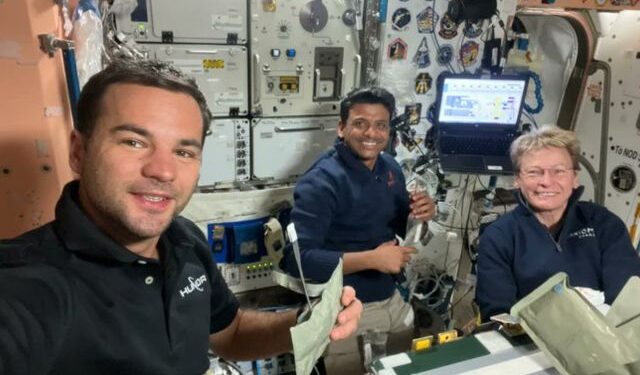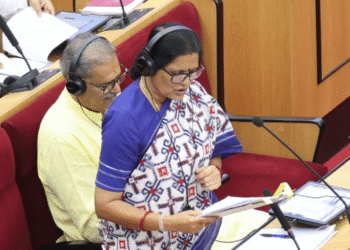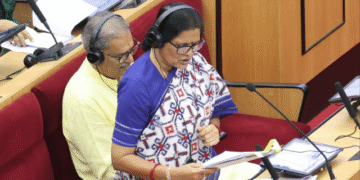Group Captain Shubhanshu Shukla has made history as the first Indian astronaut to spearhead biomedical research onboard the International Space Station (ISS), marking a pivotal step for India in space medicine.
Nicknamed “Shux,” Shukla is conducting the Myogenesis Experiment aboard the ISS under the privately operated Axiom-4 (Ax-4) mission. His research focuses on how microgravity leads to muscle degradation—a long-standing obstacle in human spaceflight. Using advanced 3D muscle tissue chips, Shukla and his team observed significant changes in muscle morphology, including a 66.3% drop in force generation and noticeable thinning of muscle fibres.
The implications reach far beyond orbit. “These findings could unlock new therapeutic strategies,” ISRO officials noted. The study explores key molecular players—MyoD1 and MyoG—critical to muscle growth and regeneration, with potential applications for treating muscle loss on Earth due to ageing or immobility.
Beyond Myogenesis, Shukla is also testing AI-based telemetric health diagnostics, combining biometric data with ultrasound imaging to monitor astronaut health remotely. Another cutting-edge experiment, PhotonGrav, employs a brain-computer interface to track cerebral blood flow, laying the foundation for future thought-controlled spacecraft systems and stroke rehabilitation technology.
Shukla’s participation is part of ISRO’s broader collaboration with international partners, contributing seven Indian-led studies to the Ax-4 portfolio of 60+ global experiments. As India eyes interplanetary missions, this milestone is more than scientific—it signals India’s growing leadership in applying space research to health innovation for all.





























